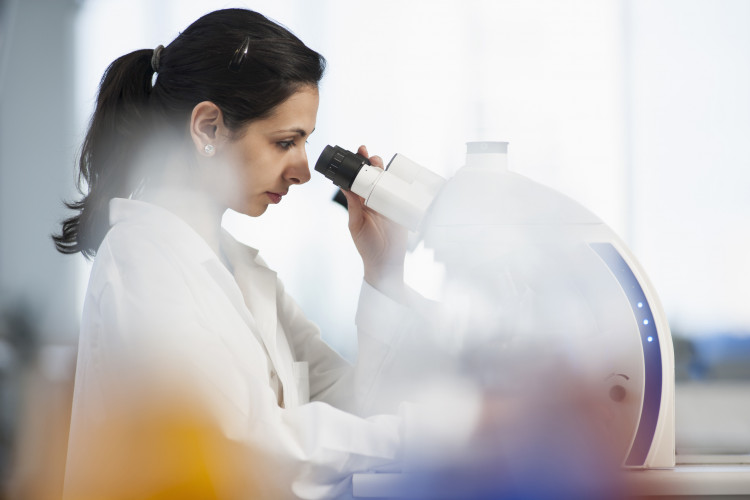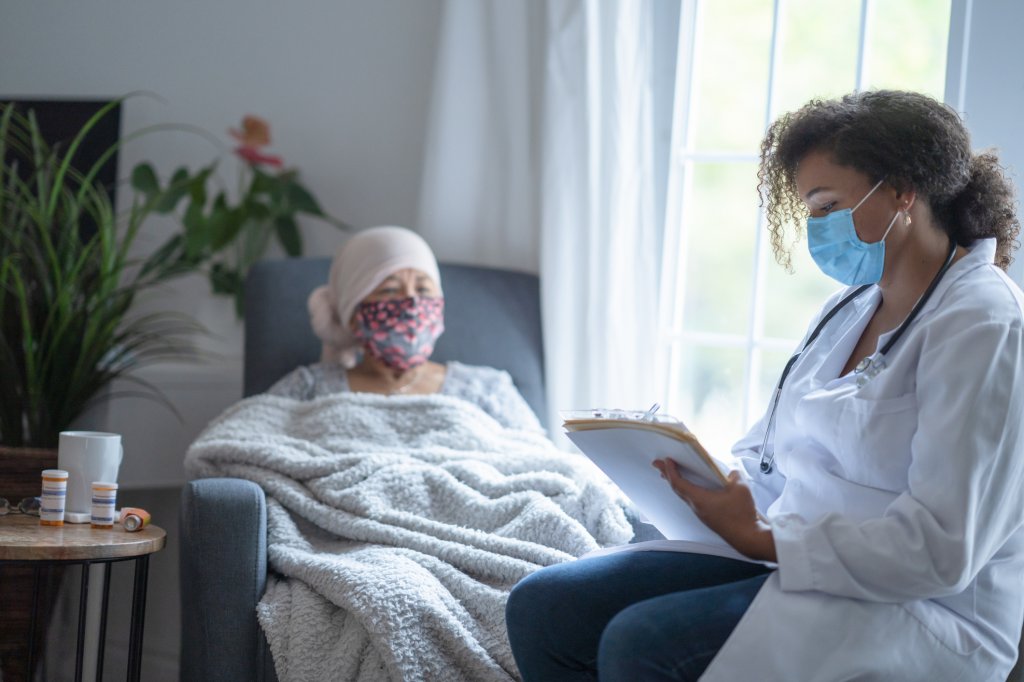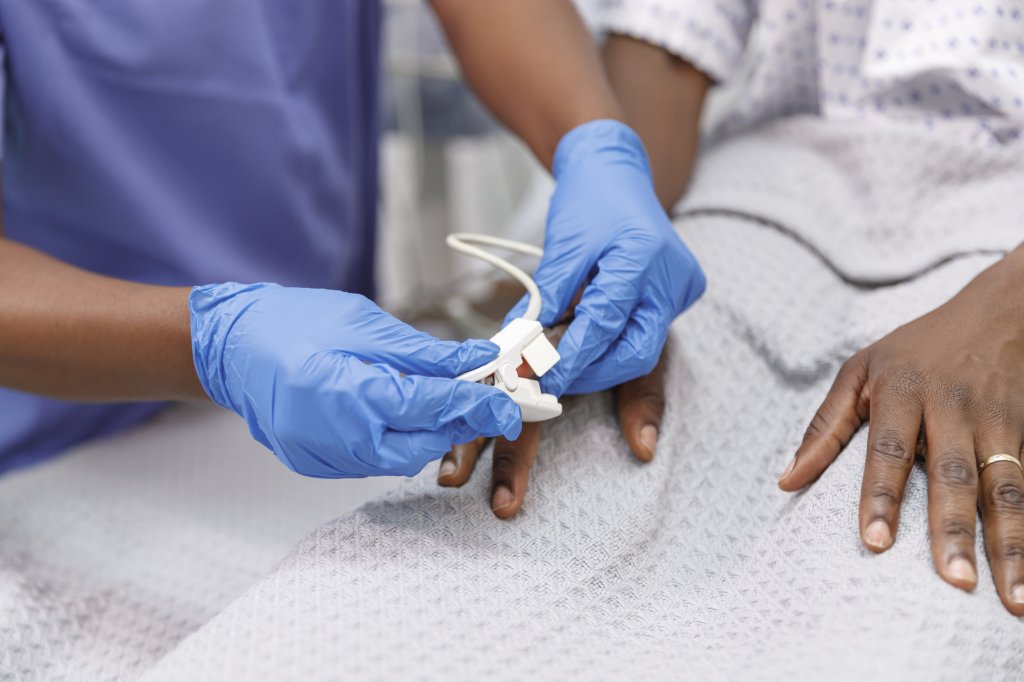Concerted and sustained efforts are needed to prevent the emergence and spread of antimicrobial resistant infections and ensure that effective antibiotics remain available for future generations.
Policy efforts to address AMR have been gaining momentum in recent years, with initiatives such as the 2017 European One Health Action Plan against AMR and the 2016 Global political declarations of the WHO and the UN. While these have been crucial in raising awareness and promoting coordinated efforts, it is important to recognize the rising impact of AMR on cancer care, which calls for further attention and action.
Antibiotics, essential for preventing and treating infections that arise during cancer therapy, are increasingly becoming less effective due to antibiotic resistance. This jeopardizes the success of cancer treatments, as compromised immune systems in cancer patients make them more vulnerable to infections.
A dual challenge
AMR occurs when bacteria, viruses, fungi and parasites develop the ability to resist antimicrobial medicines, notably antibiotics, making infections harder to treat and increasing the risk of disease spread, severe illness, and death.
As a result of drug resistance, antibiotics and other antimicrobial medicines become ineffective and infections become increasingly difficult or impossible to treat. The main drivers of antimicrobial resistance are:
· The overuse and misuse of antimicrobials in humans and livestock.
· Poor infection and disease prevention control
· Poor access to quality, affordable medicines, vaccines and diagnostics.
· Lack of awareness and knowledge.
To this date, resistant bacteria cause more than 750,000 deaths globally every year, an estimated 33,000 of which occur in the EU. This has resulted in a societal cost of €1.5 billion per year in healthcare and productivity losses. By 2050, the global figure is expected to grow to €10 million each year if no effective action is taken to counter the problem.
This data is already alarming. However, there are greater concerns relating to at least two more interconnected issues. One is emerging bacteria that are resistant to multiple or all existing anti-bacterial agents. The second is the lack of innovative antibiotics being developed in the global clinical pipeline.
The lack of new antibiotics hitting the market has been heavily addressed by the WHO in the last few years. However, to kick start research and development, new financial mechanisms need to be put in place to make development worth the significant investment. With this in mind, it is not a coincidence that no major new class of antibiotics has been discovered since 1987.
To tackle this challenge, numerous initiatives have been launched by the biopharmaceutical industry to promote antimicrobial stewardship in an attempt to slow the emergence of resistance, prolong the effectiveness of antimicrobials, and improve patient outcomes. In 2020 the AMR Action Fund was launched as the world’s largest public-private partnership investing in the development of new antimicrobial therapeutics. Its ambition is to bring between two to four new antibiotics to patients by 2030 and to ensure there is a sustainable pipeline of new antibiotics to fight the highest priority bacterial threats, through utilizing investment, skills, and political determination. This mechanism is a temporary measure, acknowledging that more policy reforms are necessary to establish a long-lasting antimicrobial ecosystem.
Overseas, in 2021 the USA passed the Pioneering Antimicrobial Subscriptions to End Upsurging Resistance (PASTEUR) Act, a bipartisan House and Senate bill to support the development of new antibiotics and promote their appropriate use. It is a central mechanism through which the U.S. can meet its recent G7 commitments “to ensure sustainable innovation in antimicrobial R&D whilst encouraging appropriate provisions for stewardship”.
AMR vs cancer care
Antibiotics are a key and indispensable instrument for cancer treatment, as antimicrobial-resistant organisms are an enormous threat to patients living with cancer. As many as 1 in 5 cancer patients undergoing treatment are hospitalised due to infection, and antibiotics are the main line of defence. Pneumonia and sepsis (because of bacterial infection of the blood) are among the most frequent causes of admission to intensive care.
“When it comes to breast cancer patients,” stated Professor Kefah Mokbel from the London Breast Institute, “if they are developing a sepsis infection, for example, they will have to undergo several antibiotics tests before we can see which one is effective. In case of inefficacy or if the tests flag up a bacterium that requires a different treatment, the process will require additional testing and therefore will encourage the development of antibiotic resistance.”
68% of breast cancer doctors believe that drug-resistant infections will make some cancer treatments obsolete in the next decade. As infection is the second leading cause of death in patients with cancer, loss of efficacy in antibiotics is an urgent threat against the continuing success of cancer therapies.
As the COVID-19 pandemic put a spotlight on the weaknesses of the healthcare systems across the globe, we need to acknowledge that the magnitude of the AMR threat could potentially reach greater dimensions. In the European context, with the development of the European Beating Cancer Plan and with the pharmaceutical legislation revision, an important focus has been reserved for AMR in the policy debates within the EU institutions.
In November 2022, the Commission's Health Emergency Preparedness and Response Authority (HERA) identified AMR as one of the top 3 health threats that require coordination measures at the EU level. Commissioner Stella Kyriakides reiterated that the fight can be won through a singular health approach, tackling AMR from all levels across the region. The Commission also recently released a package of initiatives on AMR, including a proposal for Council recommendations which includes new actions addressing the environmental dimension of AMR. As a result, DG SANTE proposed incentivising the development of new antimicrobials with transferable data exclusivity vouchers (TEVs). These vouchers will provide the recipient with a period of exclusive rights to market one of their treatments, not necessarily the AMR drug, extending a period of market exclusivity beyond the standard patent protection. As a consequence, this scheme will also delay the market entry of generics of the products covered by the vouchers. Another incentive includes purchasing systems for access to new and existing antimicrobials that would guarantee revenue for antimicrobials marketing authorisation holders, regardless of sales volumes.
Conscious that the last months have been quite a roller coaster for the EU Healthcare policy landscape with many developments across sectors, it is worth saying that a strong and sustainable reduction in the burden of AMR will only be achieved if it is adopted as a priority within countries, regional groupings and globally, and it seems that the new EU Commission proposal is bringing us in that direction.
How can we avoid a potential crisis?
While progress has been made, sustained commitment and comprehensive action are necessary to address the evolving challenges at the intersection of AMR and cancer. By raising awareness, allocating resources, and implementing evidence-based policies, we can confront the dual threat of AMR and cancer and safeguard the well-being of patients worldwide.
Finding better ways to predict, prevent, and treat antibiotic-resistant infections must be a top priority for policymakers globally to protect patients. To effectively address the impending crisis, a robust and comprehensive policy strategy is needed at both national and international levels. The COVID-19 pandemic has exposed the weaknesses of our healthcare systems and underscored the need to safeguard and strengthen our infrastructure when designing policies to address challenges of this magnitude. Given the highly unpredictable nature of AMR, we must be proactive in preparing for and responding to potential crises. Our current systems do not adequately equip us to manage the potential impact of AMR, and as a result, we must strengthen our preparation and response strategies across the globe to ensure patient safety. By working together, sharing knowledge and resources, and adopting a collaborative approach, we can better predict, prevent, and treat antibiotic-resistant infections and reduce the risk of a global health crisis. Ultimately, a global effort to combat AMR will improve patient outcomes, enhance the resilience of our healthcare systems, and contribute to a healthier and more sustainable future for all.










